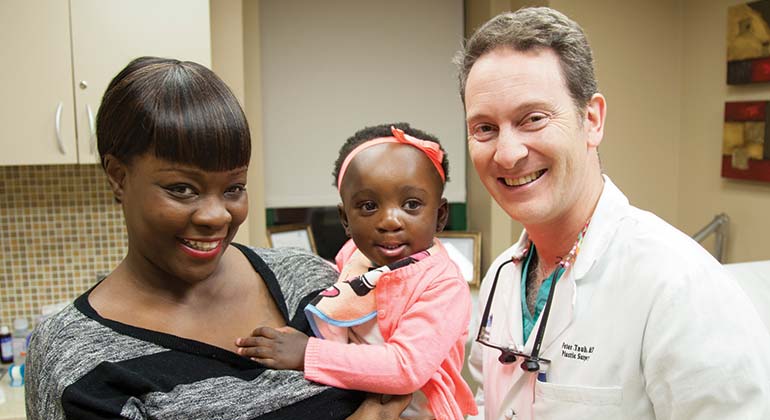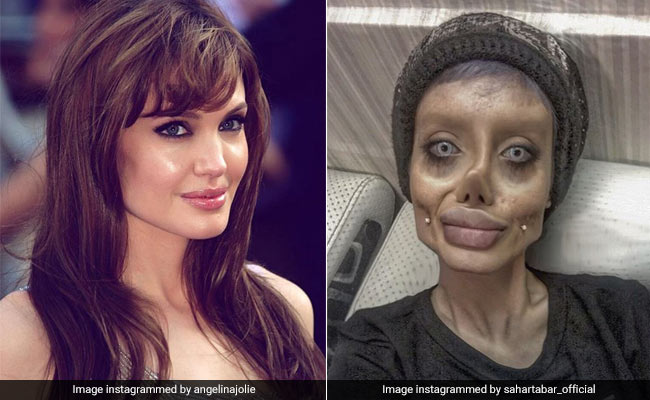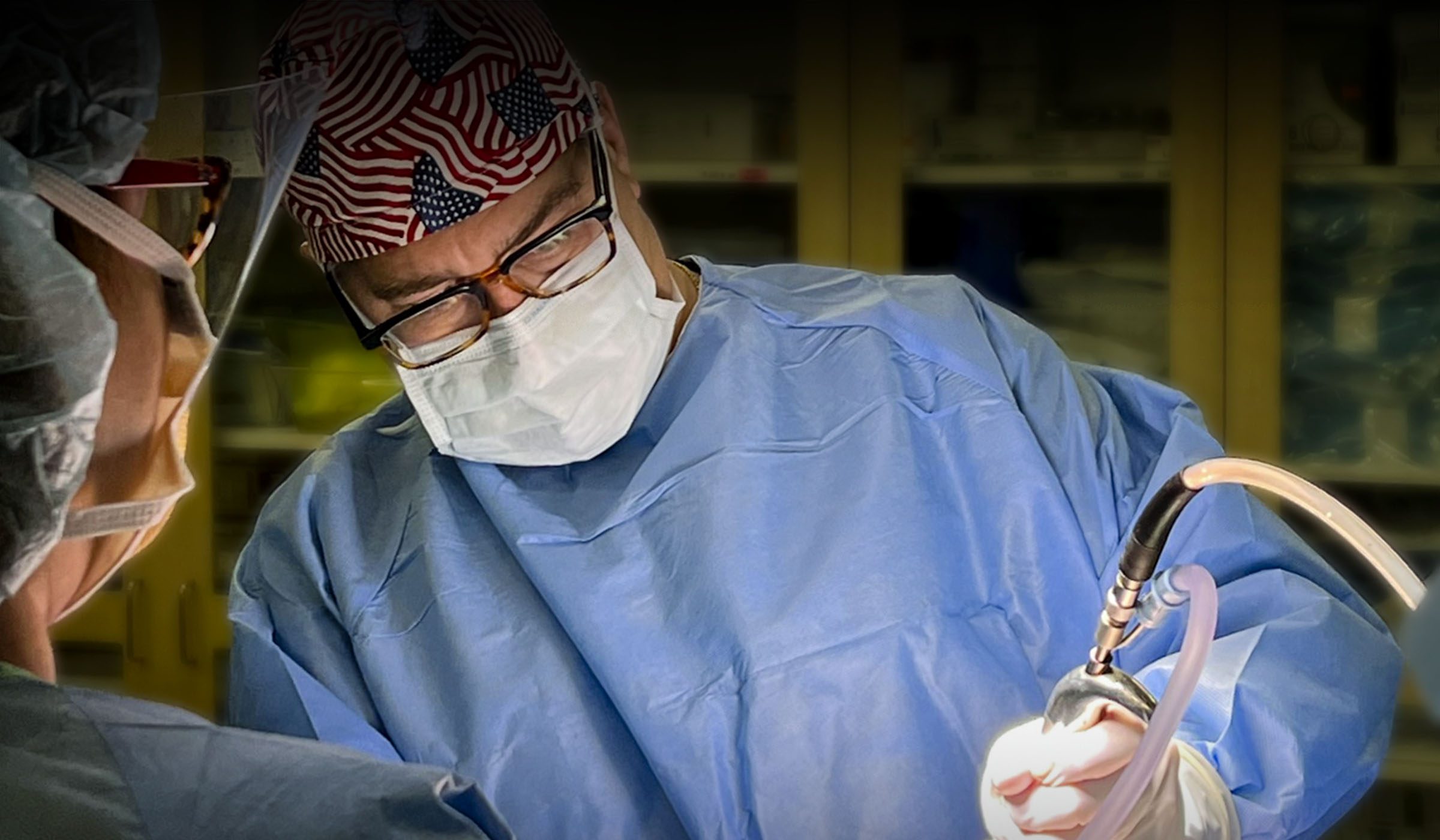Examining the Mental and Social Variables That Drive Individuals to Consider Plastic Surgery as a way of Renovation
The choice to go after cosmetic surgery commonly prolongs past mere looks, intertwining with psychological and social characteristics that warrant comprehensive examination. Variables such as self-worth, pervasive social beauty requirements, and the prevalent impact of social media merge to form individual inspirations for medical enhancement.
The Role of Self-worth
Self-esteem considerably influences an individual's choice to go after cosmetic surgical treatment. People with reduced self-worth typically perceive themselves in an adverse light, resulting in sensations of insufficiency regarding their physical appearance. This unfavorable self-perception can drive them to seek surgical treatments as an approach of improving their self-image. The need for improvement in one's look is often connected to an idea that such adjustments will raise their general self-worth and self-confidence.

Eventually, the role of self-confidence in the decision-making procedure regarding plastic surgery highlights the complex interplay between body image, personal fulfillment, and mental wellness. Understanding this connection is crucial for healthcare experts to make sure that clients are making notified decisions rooted in sensible expectations and emotional wellness.
Societal Beauty Criteria
Influenced by pervasive media portrayals and cultural narratives, social elegance criteria play an important function in shaping individuals' assumptions of their very own bodies. These requirements are typically defined by an idealized form of elegance that stresses characteristics such as youthfulness, slimness, and symmetry. As these ideals are perpetuated via different channels, consisting of advertising, tv, and movie, individuals regularly internalize these messages, bring about discontentment with their all-natural appearance.
The implications of these social norms expand beyond visual choices; they can impact self-esteem, mental health, and interpersonal partnerships. Individuals who regard themselves as falling brief of these standards might experience sensations of inadequacy, motivating a wish for cosmetic surgical treatment as a means of accomplishing societal authorization. This pursuit is usually fueled by the idea that complying with these suitables will improve not only physical look but likewise social standing and individual gratification.

Influence of Social Network
The effect of societal beauty criteria is additional intensified by the increase of social networks platforms, where curated photos and idyllic depictions of elegance are ubiquitous. Users are continuously subjected to filtered and edited photos, which often illustrate unattainable physical qualities. This exposure grows a culture of contrast, leading individuals to assess their very own look against these frequently impractical criteria.
Social media influencers and celebs frequently promote cosmetic treatments, stabilizing the idea that medical improvements are a feasible means for attaining societal perfects (plastic surgery rancho cucamonga). The exposure of these improvements can produce a perception that going through plastic surgery is a conventional practice, therefore influencing people to consider comparable interventions as a pathway to enhanced self-esteem and social approval
Furthermore, the interactive nature of social networks enables immediate responses with sort and comments, further enhancing the wish to comply with prominent elegance standards. Such interactions can worsen feelings of inadequacy and drive individuals towards cosmetic surgery as a means of getting recognition. Ultimately, social media plays a critical function in shaping understandings of appeal, which significantly impacts the decision-making processes surrounding plastic surgery.

Cultural Perspectives on Look
Throughout different cultures, assumptions of look are deeply rooted in historical, social, and financial contexts, forming people' views on elegance and charm. In numerous societies, look acts as a significant pen of identity, affecting social condition, professional possibilities, and personal partnerships. As an example, in some cultures, light skin is usually connected with wealth and privilege, while others might glorify darker complexion as symbols of stamina and authenticity.
Additionally, conventional elegance standards are usually continued through social narratives, media depictions, and family members affects, causing differing suitables across different regions (plastic surgery rancho cucamonga). In Western societies, the emphasis on young people and physical conditioning usually drives individuals towards aesthetic improvement, while in certain Eastern societies, even more refined adjustments straightened with traditional aesthetic appeals may be liked
Globalization and the expansion of digital media have actually even more made complex these characteristics, producing a hybridization of beauty suitables that goes beyond geographical limits. As people increasingly navigate these cultural narratives, the pressure to adapt specific appearance requirements can cause the need for cosmetic surgical treatment, reflecting a complicated interplay of social worths and personal aspirations. Understanding these cultural perspectives is necessary in addressing the inspirations behind plastic surgery considerations.
Psychological Impacts of Cosmetic Surgical Procedure
Numerous people seeking cosmetic surgery record experiencing profound mental influences that can substantially alter their self-perception and psychological well-being - plastic surgery rancho cucamonga. The wish for physical improvement commonly stems from underlying concerns such as low self-confidence, body dysmorphic disorder, or societal stress concerning elegance requirements. For some, the immediate post-operative stage can result in a short-lived boost in positive self-image and contentment with their appearance, cultivating learn this here now a sense of empowerment
Nonetheless, these positive feelings might not be withstanding. Study indicates that while some clients experience boosted self-confidence, others might face intense anxiousness or clinical depression if their expectations are not met. This disparity can arise from impractical suitables bolstered by media representation and social narratives discover this surrounding appeal.
In addition, the mental implications of plastic surgery extend past the individual. Relationships with family members and good friends may be strained as social dynamics shift, resulting in sensations of seclusion or alienation. Ultimately, the emotional effects of cosmetic surgery are multifaceted and complicated, calling for mindful factor to consider by both possible patients and medical care service providers to make sure educated decision-making and sensible expectations.
Conclusion
Finally, the choice to go after cosmetic surgical treatment is considerably affected by a mix of self-confidence issues, societal charm standards, and social perspectives on look. The prevalent reach of social media sites further intensifies these stress, advertising unrealistic ideals that people commonly aim to achieve. Comprehending these social and emotional elements is vital for attending to the motivations behind cosmetic surgical procedure, highlighting the requirement for a more nuanced discussion surrounding appeal and self-acceptance in contemporary culture.
The decision to seek cosmetic surgical treatment typically extends beyond plain aesthetics, linking with social and emotional characteristics that merit thorough assessment. Inevitably, social media plays an essential role in forming perceptions of appeal, which substantially influences the decision-making processes surrounding cosmetic surgical procedure.
As individuals significantly browse these cultural stories, the pressure to adhere to details appearance criteria can lead to the need for cosmetic surgery, reflecting a complex interplay of cultural worths and individual aspirations.In final thought, the decision to go after visit this website cosmetic surgical procedure is considerably influenced by a combination of self-worth issues, societal beauty standards, and cultural point of views on look. Recognizing these social and mental aspects is necessary for resolving the motivations behind cosmetic surgical treatment, highlighting the requirement for a much more nuanced conversation bordering appeal and self-acceptance in modern society.